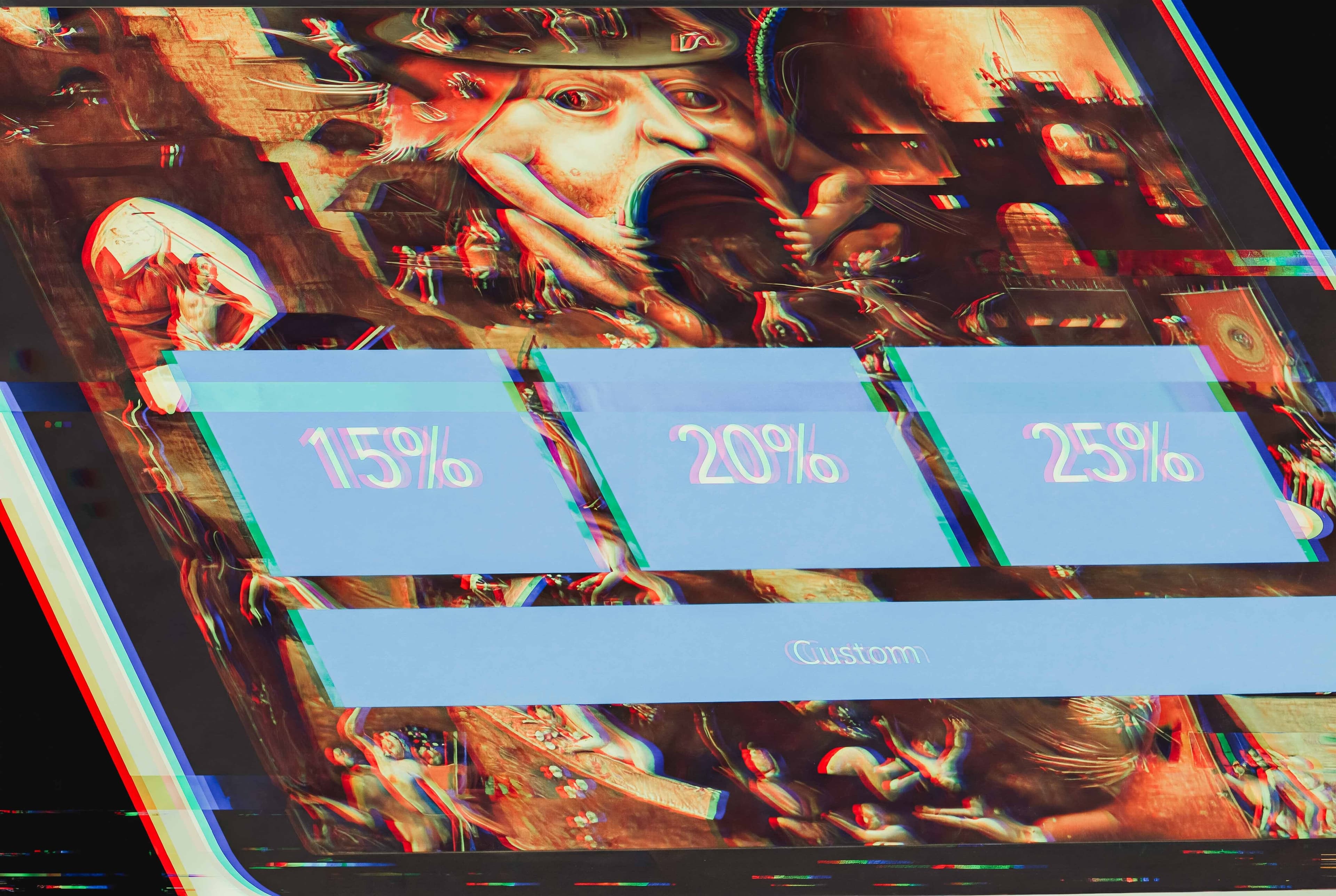It’s 2009. The bedside lamp’s warm, incandescent glow spreads a soft light over the master bedroom. Your wife breathes quietly next to you, already asleep. You’ve been reading through a list of modern “classics” — on tonight’s docket is a continuation of your dystopian journey through Orwell’s 1984. You power up your nifty new Kindle, navigate to the library section, and are hit with a sense of puzzled unease. Where is 1984? You page back and forth, confused, unable to find the title. Annoyed, blaming your own incompetence and muttering about the temperamentality of emerging tech, you flick the light off and go to sleep.
The next day, you discover 1984 was, due to an arcane licensing dispute, remotely and unceremoniously deleted from all Kindle devices. At the time, Animal Farm faced the same fate.
These revocations of “purchased” media, paired with instances of top-down digital revisionism, have since only accelerated. When Microsoft closed its eBook store in 2019, all purchased books were wiped (and locally inaccessible due to Digital Rights Management (DRM) restrictions, software-based authentication tech). In 2022, PlayStation deleted purchased downloads of movies like John Wick and Paddington from users’ libraries. That same year, Amazon Prime removed purchased episodes of Adult Swim’s “Final Space” from user accounts. Ubisoft rendered fully-paid-for copies of its game The Crew, both physical and digital, unplayable in 2024. Disney has continuously modified and censored legally available versions of countless movies and TV shows, including Aladdin, Bluey, and many more. Digital copies of literary works by Roald Dahl, Agatha Christie, and R. L. Stine have received ideologically motivated alterations, changing the content of readers’ preexisting libraries without their consent.



